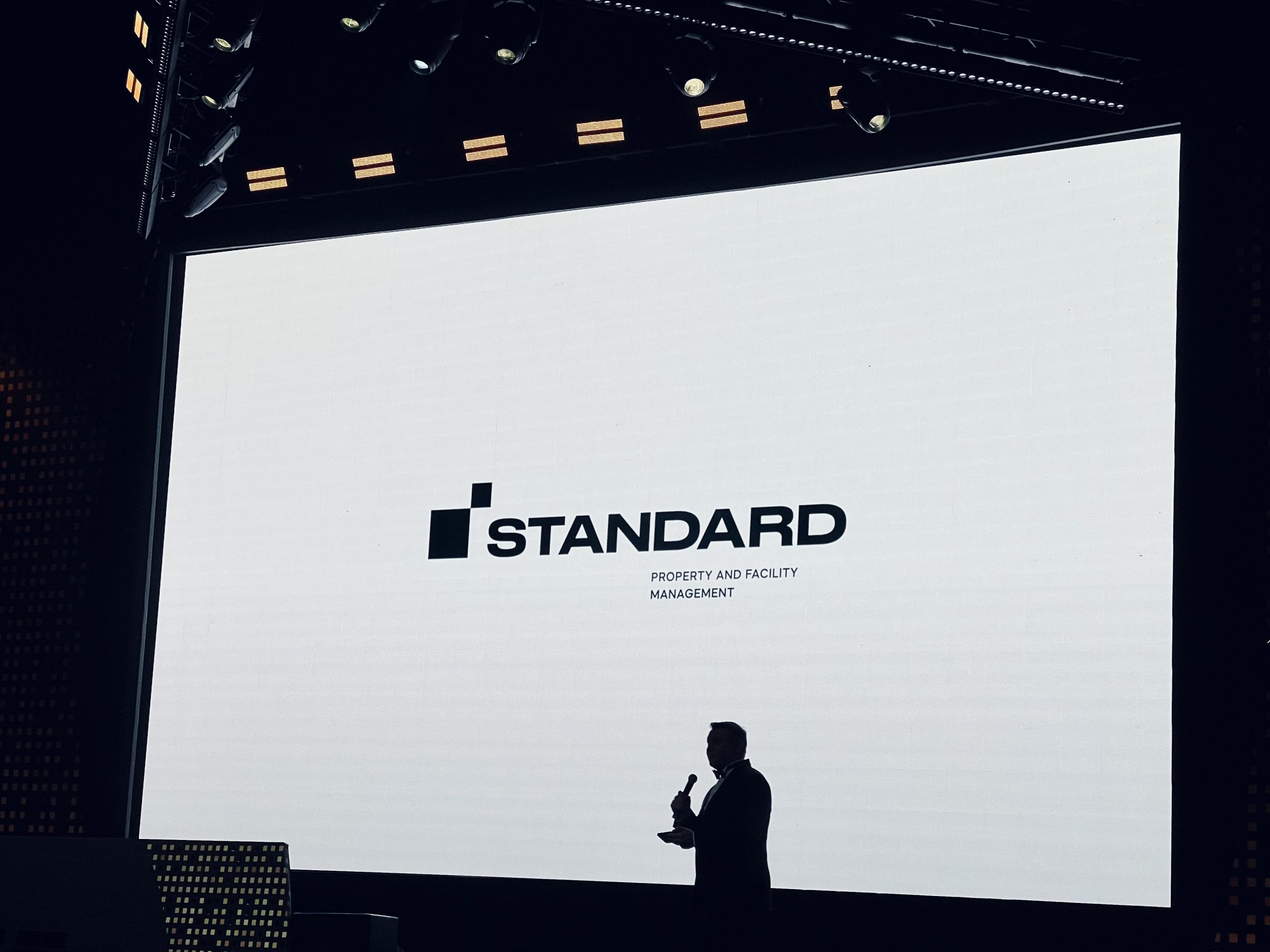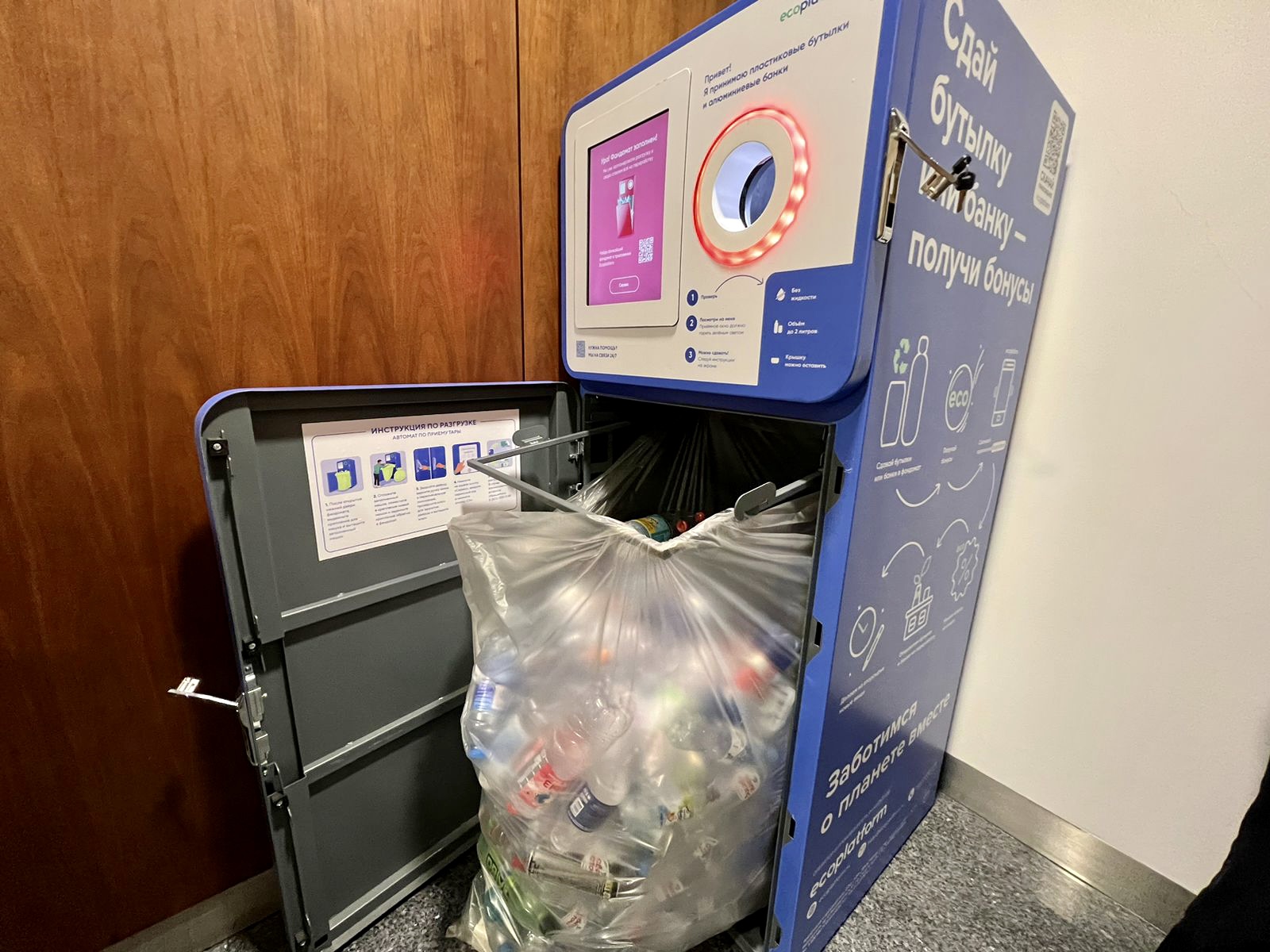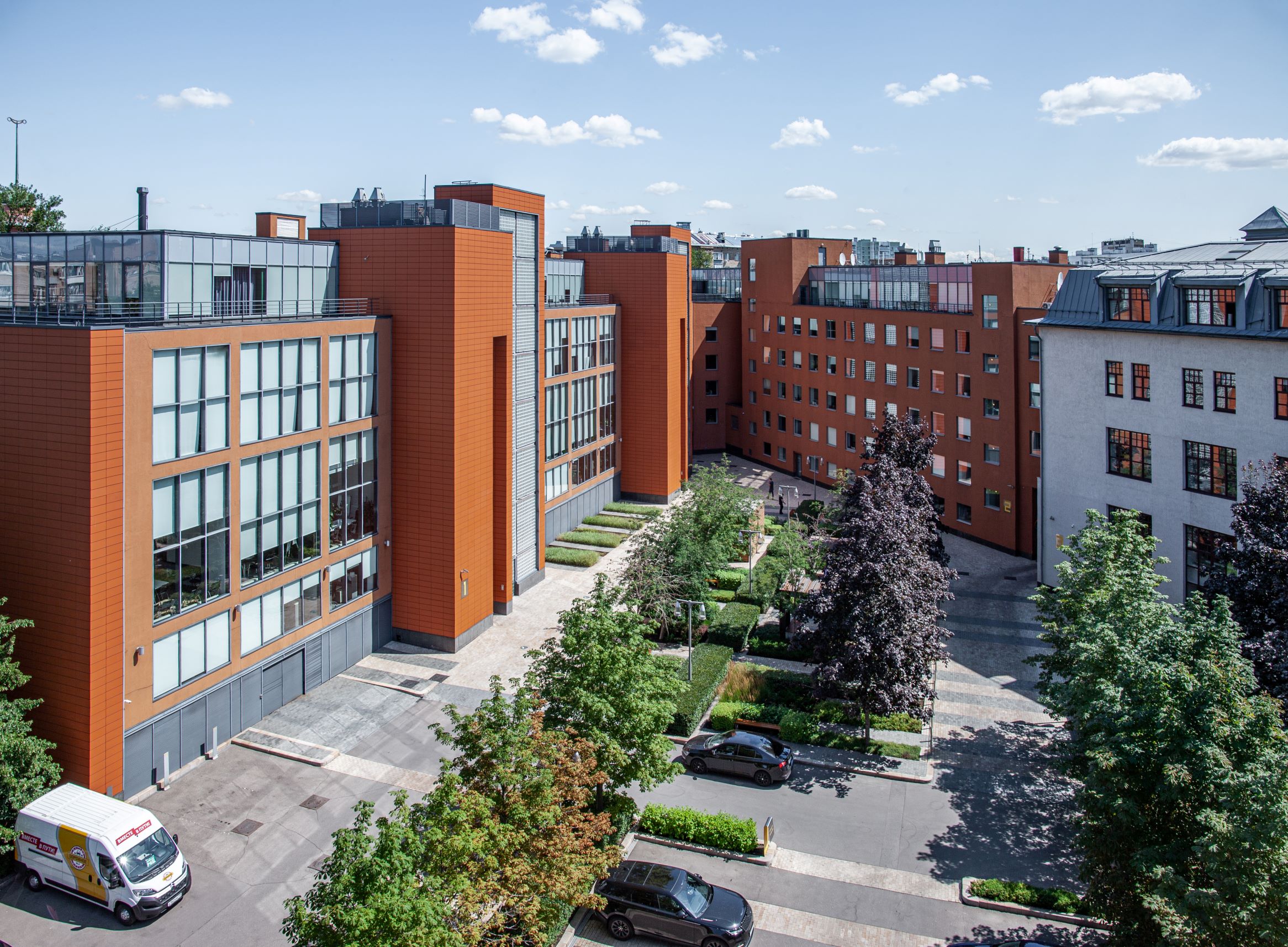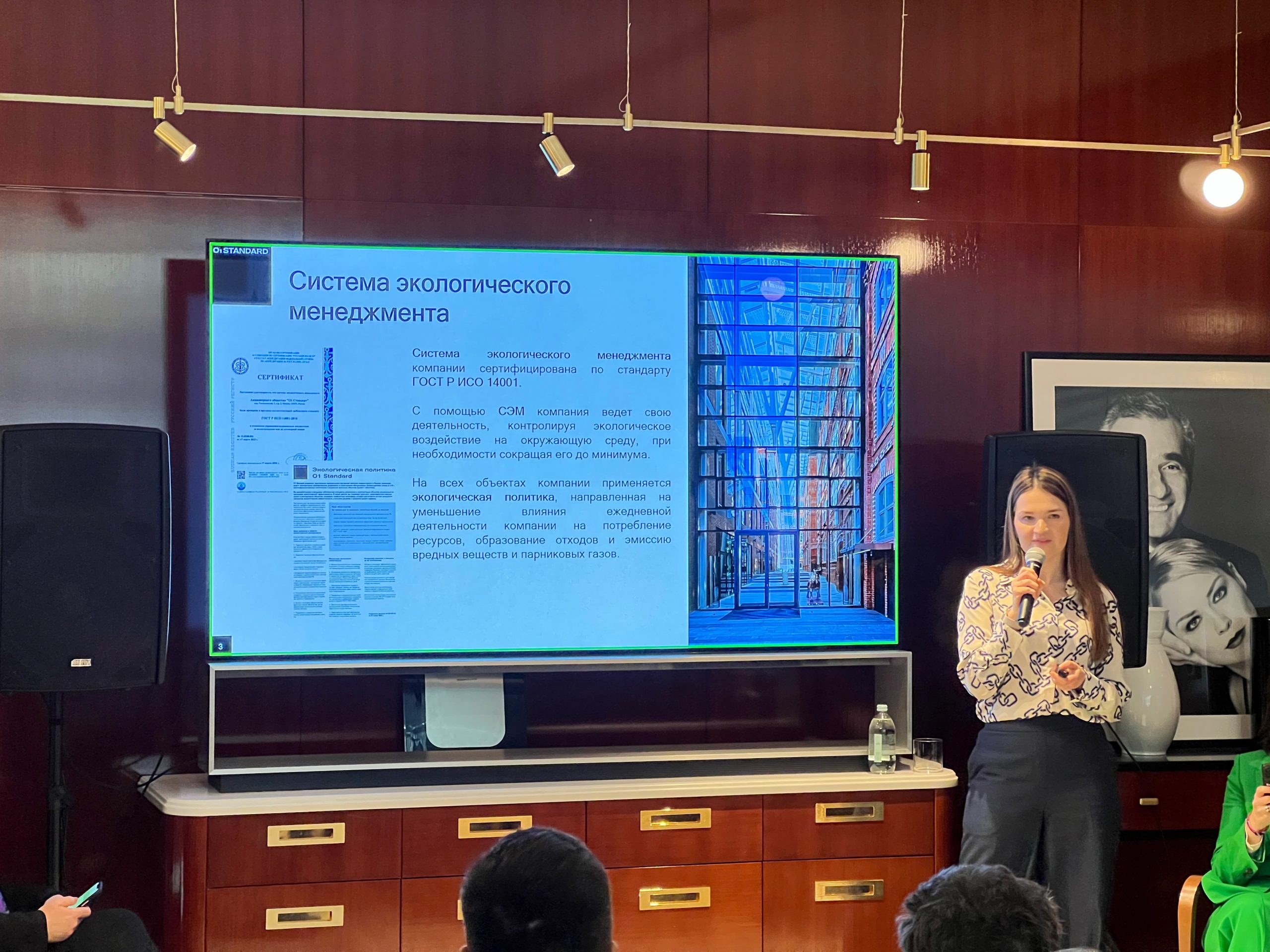Today’s world is ever more open and ever more fast-moving. The point of intersection of these two vectors, for every office employee, is the place where they work: it has to be designed so that he/she can address several tasks at once. And, after the pandemic, the office and the office building also have to meet COVID safety requirements. So the priority today, in the relationship between building owner and building tenant, is not just meeting the needs of the tenant, but also meeting the needs of every employee who works in the tenant’s office. What does this imply for a property management company like O1 Standard? How can the company help a building owner to strengthen loyalty among building tenants?
From B2B to B2C
Management companies have traditionally seen themselves as B2B operators, working with the owners of business centres. Today, though, the voice of end-users is ever more important and “end-user” here means, not so much the tenant, but the tenant’s employees. If too many of them are unhappy with the location of the business centre or its amenities, the tenant will have to think about moving or risk losing its staff. So dissatisfaction among tenant employees has direct impact on the vacancy rate, which is the largest part of a building’s investment value, and the management company needs to worry about meeting the needs of individual office workers if it wants to please the building owner. The focus for management companies today is not buildings, but consumers – the individual end-users of the building. There has been a shift from B2B to B2C. Not every operator in Russia has realised this yet, but the trend is clear and O1 Standard is already responding to it.
Direct communication
How can a management company hear the voice of each individual end-user when there are tens of thousands of them? By providing a mobile app for contactless office access and adding feedback functionality. This way the end-user can communicate his/her comments and wishes to us at O1 Standard, and we have a way of reaching each employee of the tenant company individually. The arrangement work for all parties concerned. Firstly, the employee complains about a problem to people who can put it right, instead of splashing it on social media, and the management company, which has standards for responding to comments and complaints, will settle the problem with him/her personally, without creating an extra link in the person of an administrator or secretary at the tenant company. Secondly, every individual working in the business centre will be kept up to date on local news (the opening of new amenities, such as a café or dry cleaners) directly, instead of going through the tenant’s receptionist, who may fail to pass on information, so that employees do not know about new shops and services. If they do not know about them, they will not use them, so they will not get maximum benefit from the building and will value it less.
The management company can also use surveys to better understand the needs of thousands of respondents and provide the amenities and services that are really needed by the majority of people in the business centre (and not just the administrative directors of tenant companies). For example, not long ago a key need was for ATMs of various banks in the building lobby, but the demand now is for vending machines stocked with products from the nearest supermarket or a pick-up point to collect orders from shops outside the business centre. These most recent needs coincide with the pandemic, which has created demand for contactless transactions.
Benefits for the tenant
Tenants themselves understand that their staff will no longer tolerate being shunted to new office locations, which the tenant has chosen solely for its own convenience. Office employees are making ever more demands on employers for social benefits, office quality and various additional services at business centres. O1 Standard regularly polls individual building users to find out their wishes and last year we registered 140 desired services, from kindergartens to tire fitting. If such wishes are ignored, the tenant risks losing staff, and the building owner risks losing the tenant.
The battle for loyalty
Attendance at business centres in the pandemic ranged from 5% (during self-isolation and electronic passes) to 50%. Many managers of large companies have reported a decline of employee morale caused by remote working. Sooner or later, staff will go back to business centres and tenants have to think how to make the return as attractive as possible. This is not just about safety (social distancing or wearing of masks), but also about enjoyment: people will be happy to return to an office that offers more than a convenient workplace. The wish list includes new amenities, particularly amenities that let people meet their everyday needs on the way to work or near their place of work, and “greening” of the office (or, even better, of the whole business centre). Greening – making a business centre conform to environmental standards – boosts levels of personal satisfaction thanks to better use of light and space, improved air quality, etc., and it is gaining momentum today thanks to environmental certification (BREEAM and FitWel).
COVID safety, upgrading of amenities and environmental certification are all tasks for the management company. So the pandemic has only increased the role of O1 Standard and other management companies in retaining tenant loyalty.
Back to the office
So long as most of a tenant’s employees are working remotely (the case particularly, for Russian subsidiaries of foreign corporations) the completeness of employee feedback is questionable. It may be fragmentary, so that the tenant company cannot carry out systematic analysis and draw correct conclusions. Many workers have not visited any business centres for more than a year, because all communication in their company has been remote, so they are unable to compare conditions in their building with those elsewhere, and even the most complete survey of people working from home will not give a reliable guide to employee criticisms and wishes. We believe that management companies such as O1 Standard are best placed and have the biggest incentive to organize surveys and feedback channels with tenant employees, because no one is more interested than management companies in obtaining accurate feedback to ensure successful return of employees to their offices. An app for this purpose is already being tested by O1 Standard at the Krugozor business centre. We plan to launch it there by the end of the year, followed by extension to our other sites.





